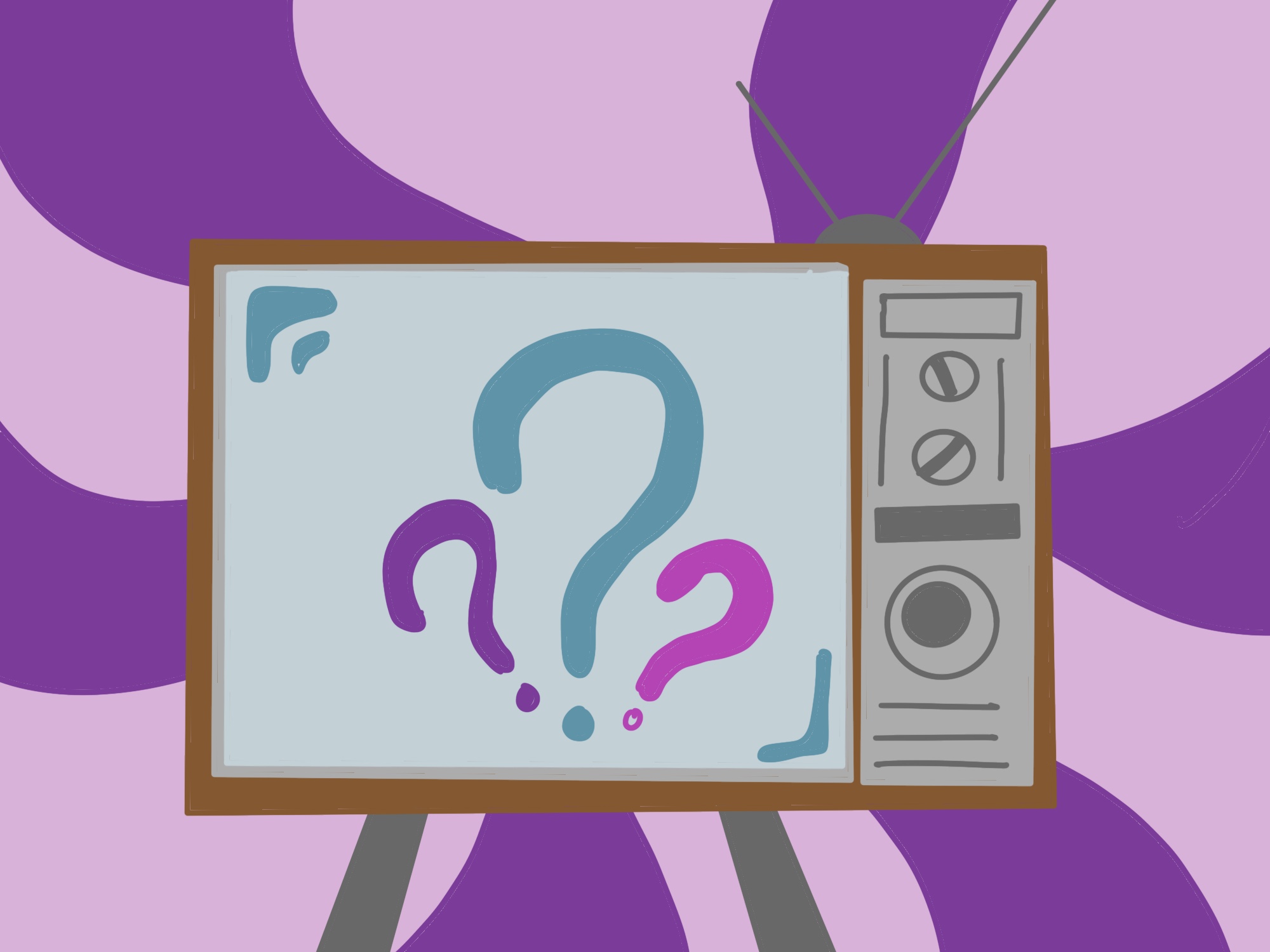Euphoria, the hit show starring Emmy Award-winning actress Zendaya, premiered its second season Jan. 9 on HBO Max. The show explores the lives of a group of teenagers as they come of age in a nondescript suburban town.
Though Euphoria is a teen drama, its subject matter is far from what I personally encountered in my teenage years. That’s not to say the show is unrelatable — many do find it an ample reflection of modern suburbia — but relatability and realism aren’t one and the same.
Euphoria may be a teen drama, but whether it is a drama teens themselves should be allowed to watch has come into question. The show contains extremely sensitive topics from drug addiction to domestic abuse. It has also been argued that these depictions don’t separate the bad from the good. The show — which is known for its over-the-top outfits and glitzy makeup — contains beautiful cinematography, meaning that one who doesn’t have a certain level of media literacy may mistake its sensitive subjects to be glamorized versus disparaged.

Is it safe for this show about teens to be viewed by teenagers below a certain age? Is the solution censorship?
Despite the critiques against themes of drug use and abuse, as well as the show’s explicit sex scenes and excessive nudity, sexual content and adult topics aren’t unheard of in the teen drama genre. In fact, it’s these very risque practices that make it what it is.
Gossip Girl, a teen drama that aired on The CW in 2007, brandished its rebellious tendencies with pride. While not as overt — considering it aired on a censored channel — it still became known for the very practices Euphoria is shamed for some 15 years later.
Following a wildly successful first season, Gossip Girl’s promotional images for season two featured shots of its main cast in various sexual situations and placed excerpts from negative reviews issued by parental publications and newspapers over the images.
The promotional images fed into the sentiment that the show was too much — dirty, gross and everything you didn’t want your child to watch. Why? Because those very things are what draw teenage audiences in. The sex, the drugs, the scandal. Nobody would turn on a TV show that portrayed a group of teens living average lives without some gimmick leading to over-the-top plotlines and dramatic relationship drama.
This genre itself is derived from the soap opera genre. It’s meant to be dramatic and excessive. The problem with teen dramas has nothing to do with its content but everything to do with its intended audience.
Like it or not, teens will engage in potentially dangerous behavior regardless of the media they consume. Especially now in an age of social media, cries to scale back teen dramas are drowned out by the very real, non-scripted content teenagers interact with daily on Instagram, Twitter, TikTok etc.
On such apps, it is not uncommon for people to post images or videos of themselves under the influence of drugs. Over there, no attempt to paint such activities in a negative light or teach a lesson to viewers is made — it’s left up to interpretation. To change what we see on the screen is only to hide the truth of the matter.
If you want to protect teens from drugs and toxic relationships, you take on the job yourself and educate them on their dangers. Any teenager, or person in general, that finishes an episode of Euphoria wanting to participate in the inappropriate conduct of beloved main character and drug addict Rue Bennett simply isn’t watching the show with informed eyes.
Having watched it myself, I can say Rue’s actions scare teens away from drugs if anything. Her struggle with addiction is made so real that you find yourself begging for her to stop using.
It is possible some teens may watch Euphoria and view drug use as a way to imitate their favorite character. But take away what they see on the screen and imagine those same eyes entering a college campus or a party in an unfamiliar house without having watched the show. They are still as unaware of the dangers of addiction as if they had watched it.
Hiding the reality of adolescent life from teenagers doesn’t encourage them to live better. It only prolongs the inevitable.





















































































































